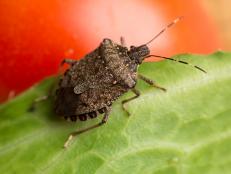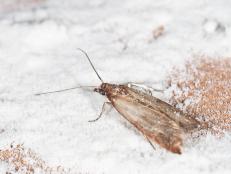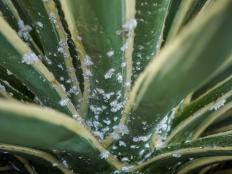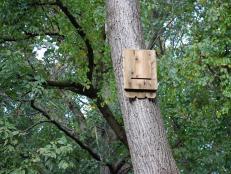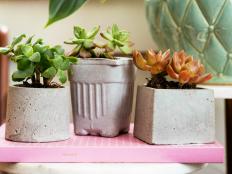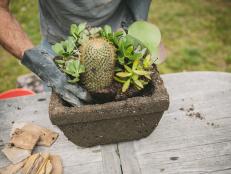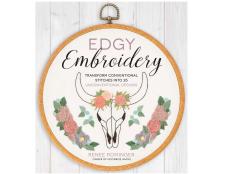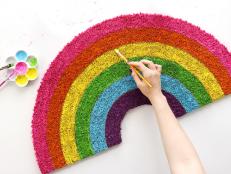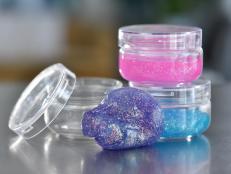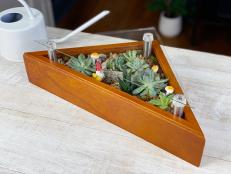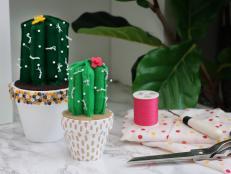Homemade Insect Repellents

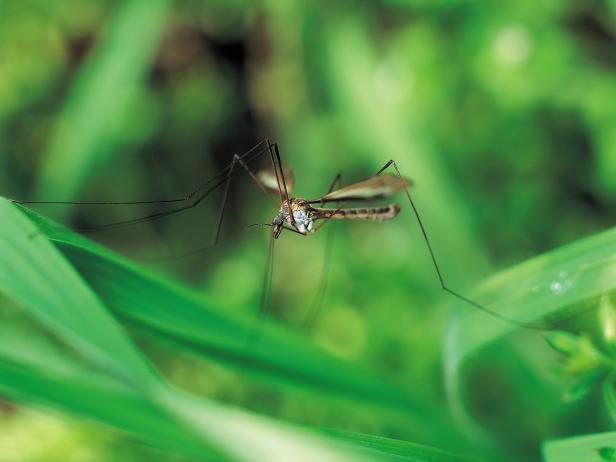
I recently watched a parent coping with a minor panic attack before sending her child off to a day of fun and frolic at day camp. Bee sting? Separation anxiety? Nope. It turned out she had accidentally brought the regular bug spray instead of the “family friendly” bug spray. What’s the difference?
N,N-Diethyl-meta-Toluamide. Better known as DEET. It even sounds a little ominous. Like the descending tones one might hear on a soap opera to indicate trouble is brewing. Deet deet deeeeeeeeet.
Although the CDC does approve of the use of DEET as an effective mosquito repellent, it strongly recommends DEET be used only in reduced doses for children, never used on infants and used judiciously in all situations. Testing has indicated that the use of DEET may have an impact on the brain and nervous system. Yikes. No wonder that lady was so worked up.
While I’m not prone to overreaction and I’m usually on board with the CDC, I’d prefer to avoid putting something on my skin that comes with so many warnings. Homemade repellents using natural oils are an excellent alternative for keeping the bugs away and will put an end to such summer sidewalk freakouts.
Diluting a few essential oils in a friendly liquid can effectively keep the insects at bay and, depending on what you use, actually be good for your skin. Oils like olive oil, castor oil or grapeseed oil work well as base liquids. Witch hazel (my preference) is also effective and I have heard vodka does the job too, although I’ve never gone that route.
Essential oils used will vary, depending on your particular bug concerns. Cinnamon or citronella keeps mosquitoes at bay. Eucalyptus and rose geranium are good for ticks. Biting flies and fleas steer clear of patchouli. And peppermint oil sends ants in search of someone else’s picnic. Note that some oils can be skin irritants when undiluted. Take care when mixing and always keep away from eyes or sensitive areas.
A cocktail of oils chosen to suit the environment can keep you bite-free all day long. The primary concerns in my yard are mosquitoes and ticks. Here is my recipe for sending them packing. Re-apply as often as you wish.
Mosquito and Tick Repellent
6 oz witch hazel
2 oz castor oil
5 drops cinnamon oil
15 drops eucalyptus oil
15 drops citronella oil
Combine and transfer into spray bottle. Be sure to shake well before each application. A standard plastic spray bottle is fine, but small perfume bottles also make excellent (and easy to carry) dispensers.






